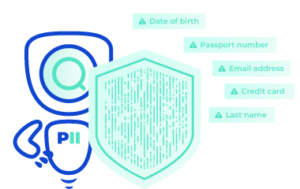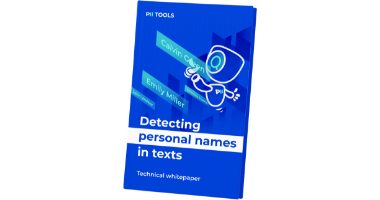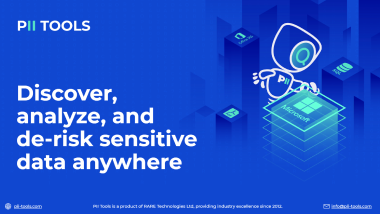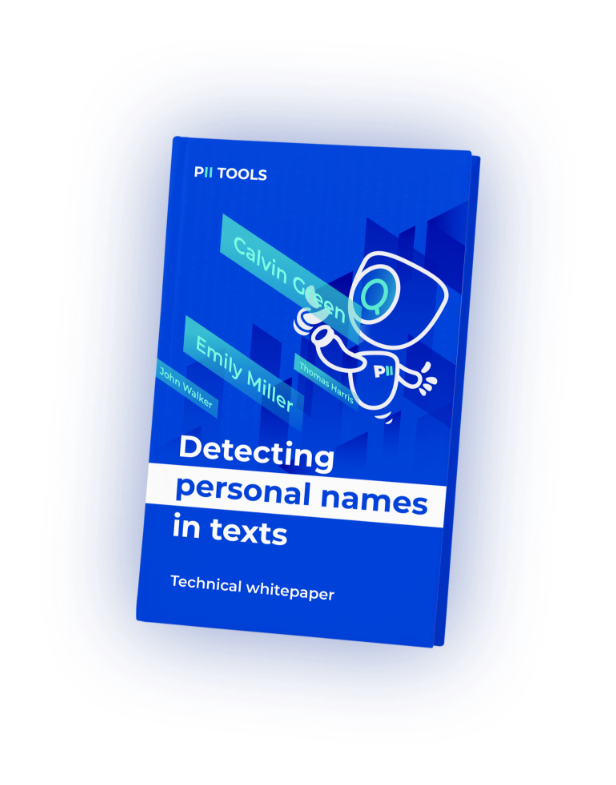Some people want to be remembered forever. And yet, the idea of being “completely forgotten” in today’s data-driven world might be just as appealing. So, what exactly is the Right to Be Forgotten, and how can you apply it right now?
More Than A Modern Fantasy
Imagine a world where you can fully disconnect, have every single instance of your personal data permanently wiped from the internet, and simply ride off into the sunset without anyone logging your every move. Sound like a fantasy?
Thanks to the Right to Be Forgotten (RTBF), you can actually make this dream a reality. And you wouldn’t be the only one interested in doing so. According to the PEW Research Center, over 60% of Americans believe it’s impossible to go even a single day without either the government or random companies collecting their data.
 Source: Barrettandco.co.uk
Source: Barrettandco.co.uk
This leaves many internet users feeling confused about their online privacy and powerless when controlling their personal data. Luckily, there’s a solution to these problems, but although far-reaching, the RTBF does come with some stipulations and conditions. So, what exactly is the Right to Be Forgotten?
The Right to be Forgotten Explained
The RTBF is “the right to have private information about a person removed from internet searches and other directories (in some situations)”. And if you go straight to the source, you’ll discover that the Information Commissioner’s Office actually lists the RTBF under its “Individual Rights” section. But be aware that this right also goes by another title, namely the “Right to Erasure” (two names used around the world for the same concept).
The Right to Be Forgotten initially came to be as a result of people wanting “to determine the development of their life in an autonomous way”, which, in layman’s terms, means “living your life without having your every move tracked and stored online forever”.
But is the RTBF an actual law, does it apply to everyone on a global scale, and how can YOU apply this right today? Let’s get into it.
The RTBF & the GDPR
Probably the biggest example of the RTBF in action is provided by (you guessed it) the GDPR. But as previously mentioned, this right doesn’t come without its exceptions. Check out the graphic below to see some of the largest examples of when you can apply the RTBF and when you might be out of luck.
The main takeaway is that even though the RTBF allows users to wield great power over their data and how it’s used, it isn’t applicable in every scenario. You can request that an organization erase the personal data they store on you, only for your request to be denied for any one of the reasons above.
The good news, however, is that many of the “Does Not Apply” instances don’t typically refer to your run-of-the-mill internet user. Unless your personal data is somehow tied up in a complicated court case or is being used to benefit public health, for example, you can safely ask that commonly-used companies like Meta, YouTube, or Google delete everything they’ve stored about you.
How to Be Forgotten
And the actual method of requesting your data be erased is easier than you’d think. For anyone covered by the GDPR (pertains to all residents of the 27 member countries within the European Union), you can easily download the official Right to Be Forgotten request template and send it off to as many companies, organizations, and institutions as you’d like.
You’ll then have to wait and see if those bodies honor your request, but, generally speaking, most of them aren’t interested in the hassle of denying them. A good example is Microsoft, which keeps a public record showing all the requests it receives for every European country and how many of them are successful. But what about the rest of the world?
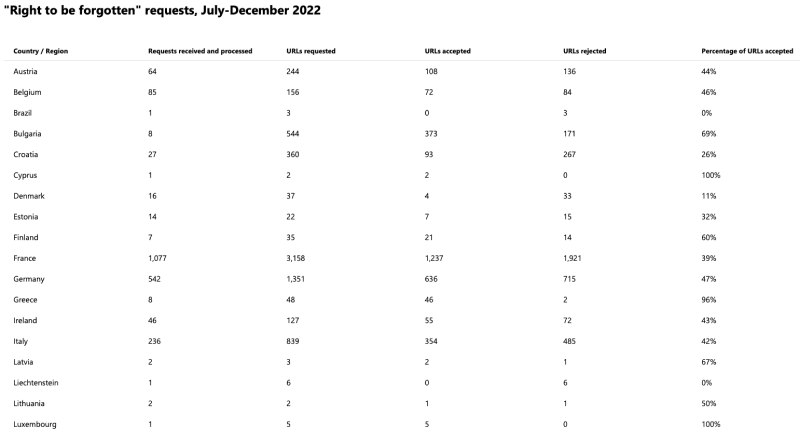
Source: Microsoft.com
Global Rights
Unfortunately, the RTBF isn’t guaranteed by law for everyone. The GDPR does a great job covering the EU, but it’s still the pioneer in this space. For instance, no such right has been implemented anywhere in the US (even though multiple states are “in talks” about it at this very moment).
However, there are other countries that have followed the EU’s example, including the likes of Argentina, India, and South Korea. That means it’s worth taking a moment and learning which rights you have in your given area.
And don’t forget: even though you might not physically live in the EU, you can still request that your personal data be erased by companies that are!
Take Control of Your Data
The Right to Be Forgotten is a perfect example of power being put back into the hands of the people. We’re all entitled to our own data and how it’s being used. In fact, there are many who’d argue the RTBF should be a basic human right for all, and I can’t disagree.
It’s safe to say that large corporations (and, sometimes, even the government) can’t be trusted to do the right thing when it comes to storing user data. So, if you’re still dreaming of disappearing into the sunset, with 100% of your data wiped from existence, then the Right to Be Forgotten is the perfect tool for you!
Learn More About Personal Data Discovery and Protection with PII Tools!

